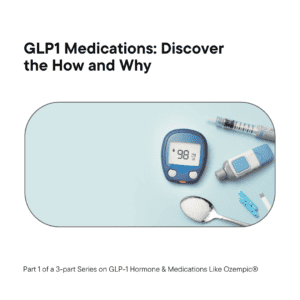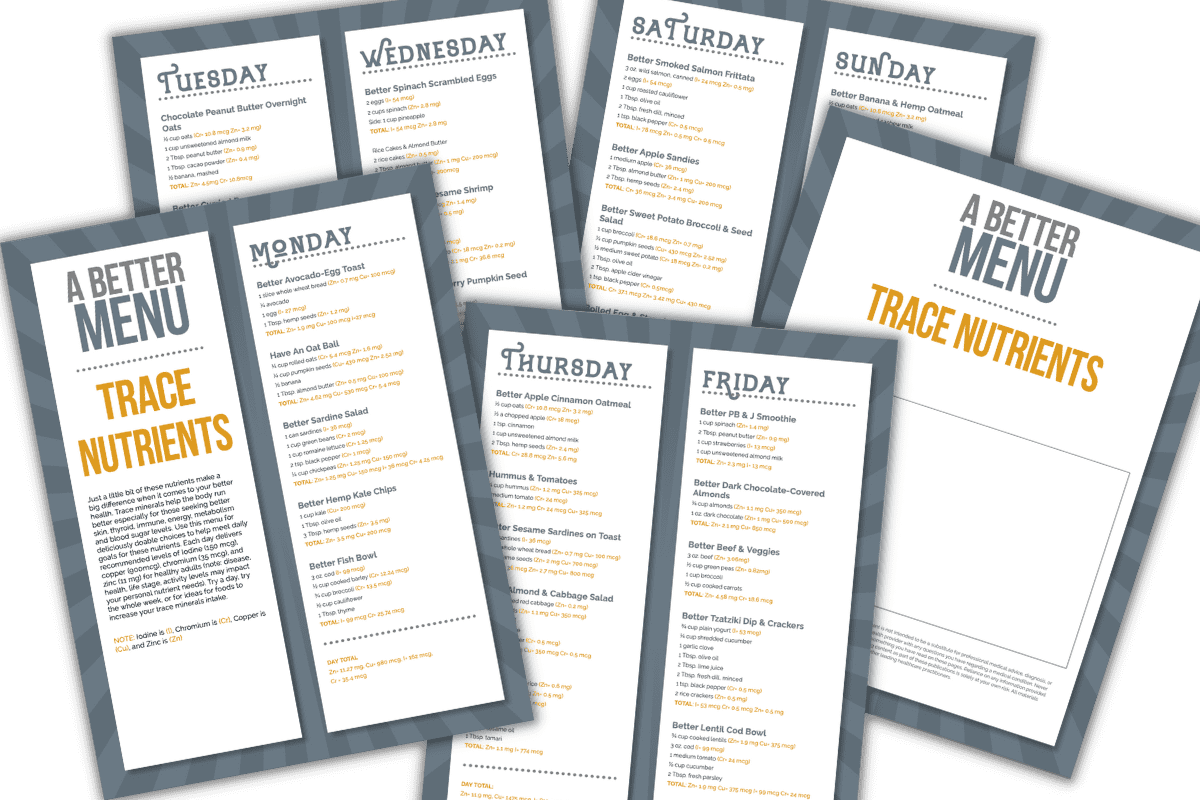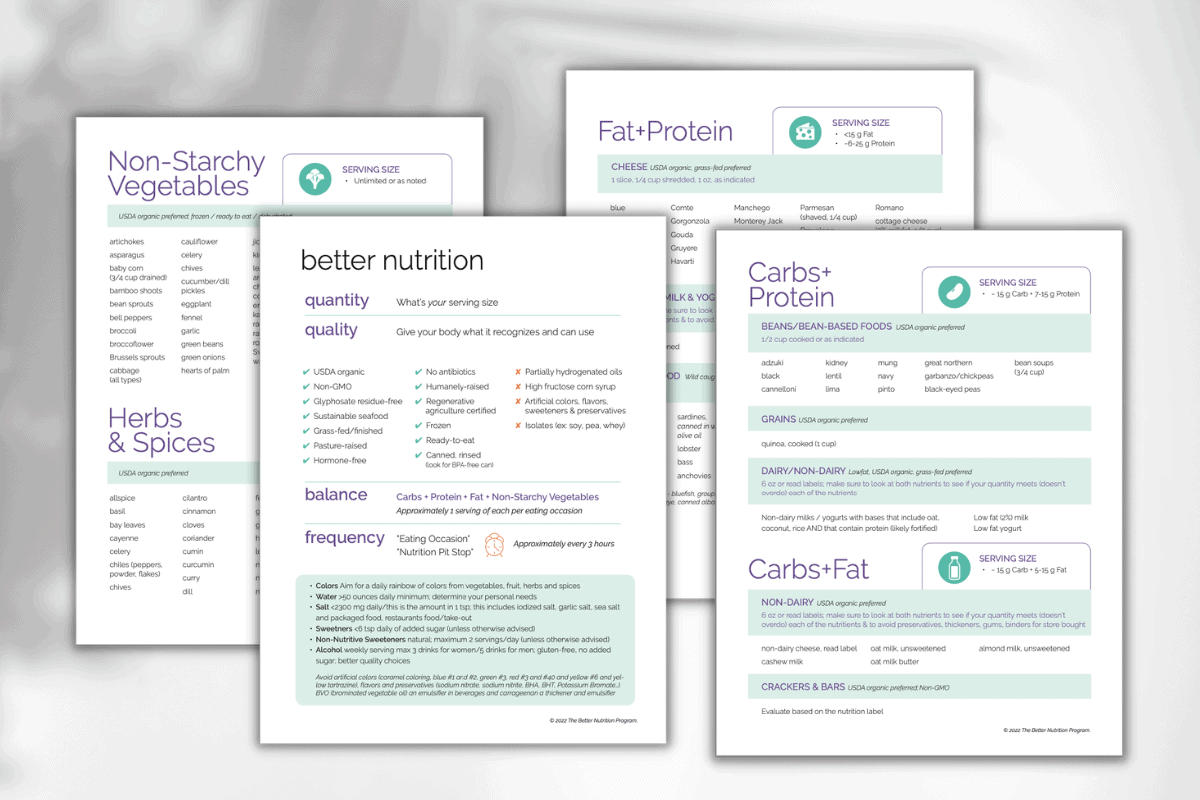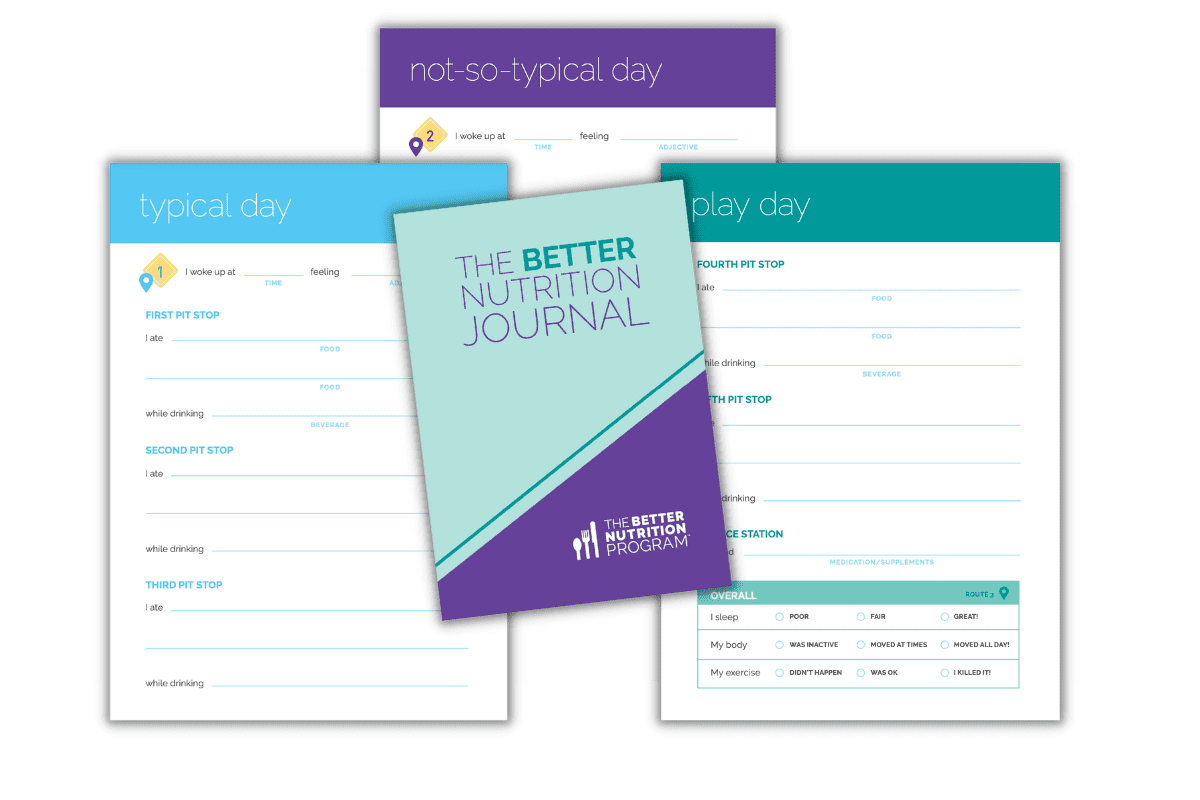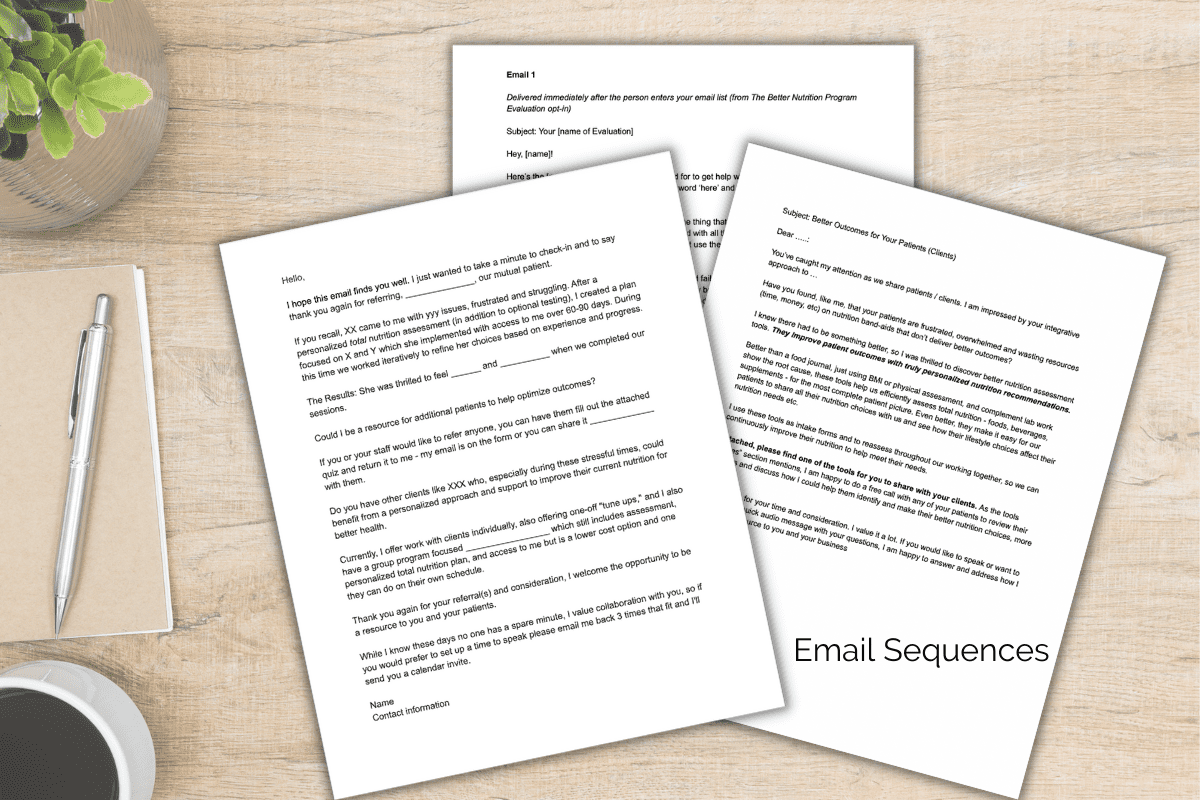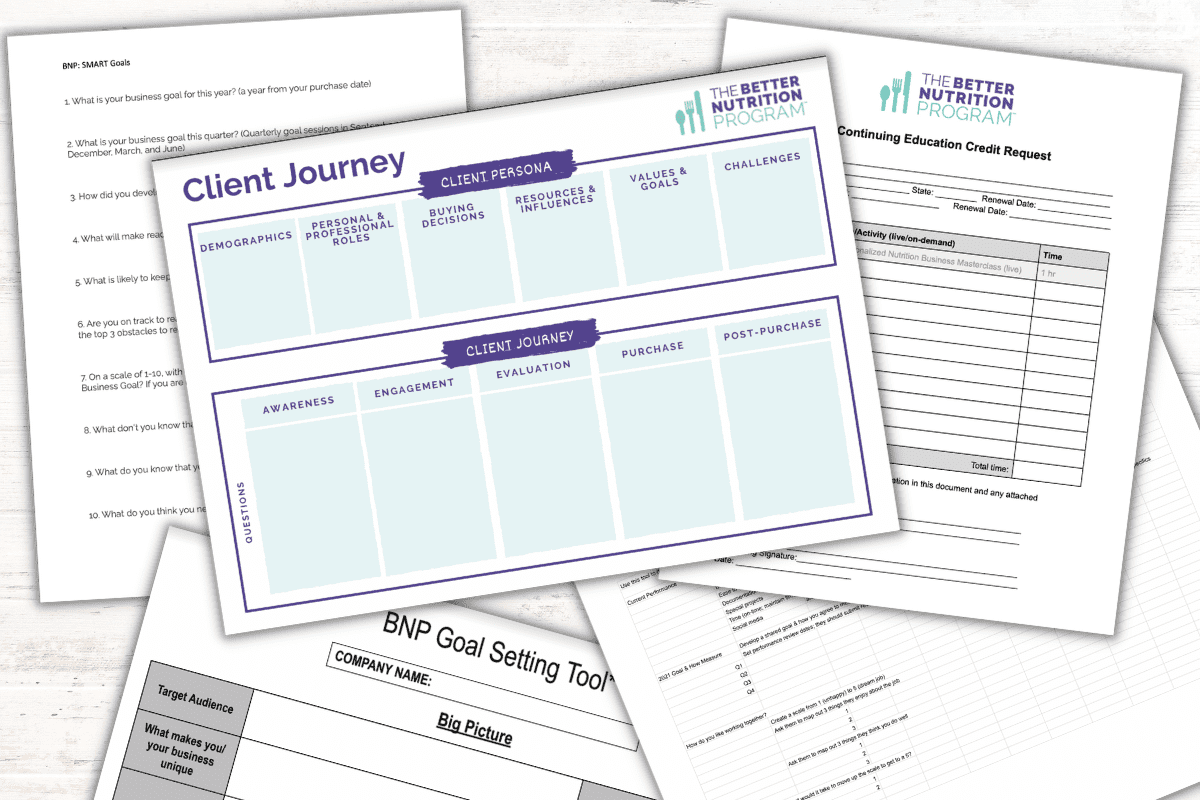Part 1 of a 3-part Series on GLP-1 Hormone & Medications Like Ozempic®
If you’re reading this, you’re probably aware of the tremendous buzz surrounding drugs like Ozempic®, Mounjaro®, Wegovy®, Trulicity®, Victoza® and Saxenda® and their use for weight loss and diabetes. You may even know someone who’s taking one of them. Maybe you are.
In this article we explore the following:
What are semaglutide, liraglutide, dulaglutide & tirzepatide medications?
Ozempic®, Wegovy®, Mounjaro®, and Saxenda® and the others are either GLP-1 receptor agonists (semaglutide, liraglutide, dulaglutide) or they are a combined GIP and GLP-1 receptor agonist (tirzepatide). They are designed to mimic the effects of GLP-1 and GIP hormones in the body (click here for part 2 of our series for a deeper dive into these hormones) but they take much longer to breakdown. In essence, these agonists help the GLP-1 or GIP hormones do their job more effectively. When these drugs are injected into fat, it leads to reduced appetite, insulin deployment into the blood and slower gastric emptying, all of which can help with weight loss and blood sugar optimization.
At the time of this writing, some of these medications are approved for treating diabetes and others also for weight loss in people who are clinically obese. However, people without these medical diagnoses are using them in “off label” cases to lose weight, resolve pre-diabetes and to address insulin resistance. More recently, some of these medications are showing promise with other metabolic health concerns such as heart disease and cognitive function.
Why are people taking GLP-1 medications?
The GLP-1 medications are working. People are losing weight. They report feeling satisfied with significantly smaller portions of foods and beverages. They are improving blood sugar levels; some report reversal of pre-diabetes and diabetes completely, others are moving from diabetes to pre-diabetes in just a few months.
For others, however, there are feelings of frustration and sustained health challenges. Many discontinue the GLP-1 medications feeling that the results are not worth the severe side effects or after trialing for a period they are not experiencing any improvements.
How long do people have to take GLP-1 medications?
Based on what we know now, the positive effects of GLP-1 medications are unlikely to be sustained when medication is discontinued. Research indicates a significant amount of weight lost is regained as well as a return to elevated blood sugar levels when people go off the medication. However, research did not identify if any of these patients were on individualized maintenance programs to improve natural production of GLP-1 and GIP hormones apart from the medication.
The Better Nutrition Program™ Perspective: Everyone should work to naturally optimize the body’s production of GLP-1 and GIP hormones as part of optimal metabolic health. These medications can be a game changer when used correctly. Anyone prescribed or choosing to take a GLP-1 medication should do so only after these three stages:
- Comprehensive assessment of total nutrition (food and supplements), medications, health history, current health, genetics (ideally) and lifestyle choices as would be done for a bariatric patient before surgery or a diabetic before insulin.
- Undergo routine follow-up to evaluate nutrient status and check for the earliest indications of side effects.
- Work in collaboration with their practitioner team to implement a personalized maintenance plan that ideally includes coming off the medication three or more months after achieving their goal or for any life stage and health issues.
Check out our GLP-1 Optimizer™ for Metabolic Health & Weight Loss Wins to ensure that whether you are interested in taking a GLP-1 medication, currently taking one, or looking to increase production naturally, you are on the right track.
Read Part 2 of the Series: What are GLP-1 and GIP Hormones and What Do They Have to Do with Body Weight?
For our complete perspective, get the Better Nutrition Guide to GLP-1 Hormone & Medications Like Ozempic®
This guide is designed to help you if you are trying to decide or are already on one of these medications and looking to optimize results including a plan to successfully discontinue the medication once you’ve reached your goals.
